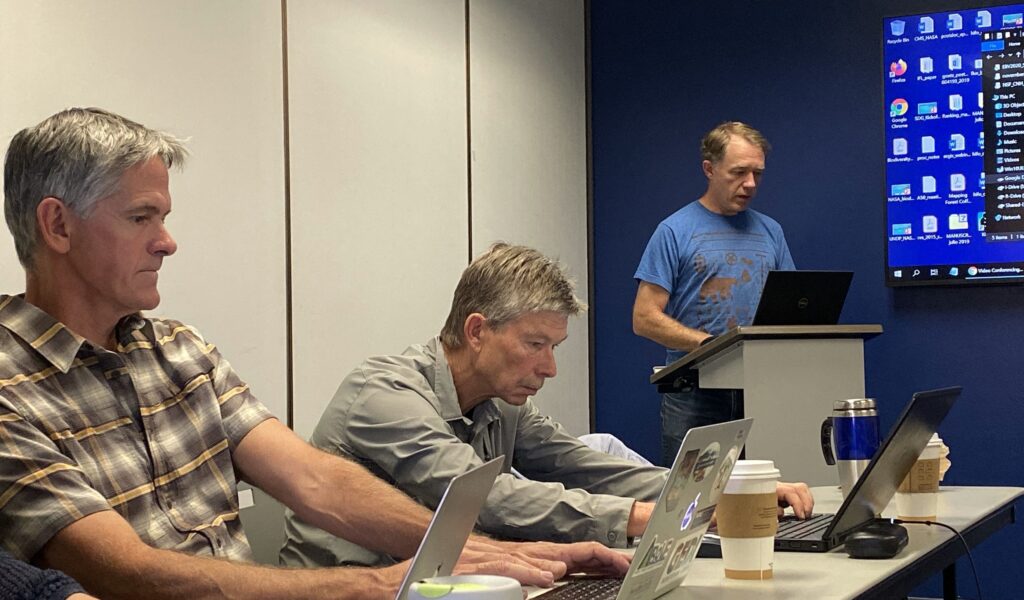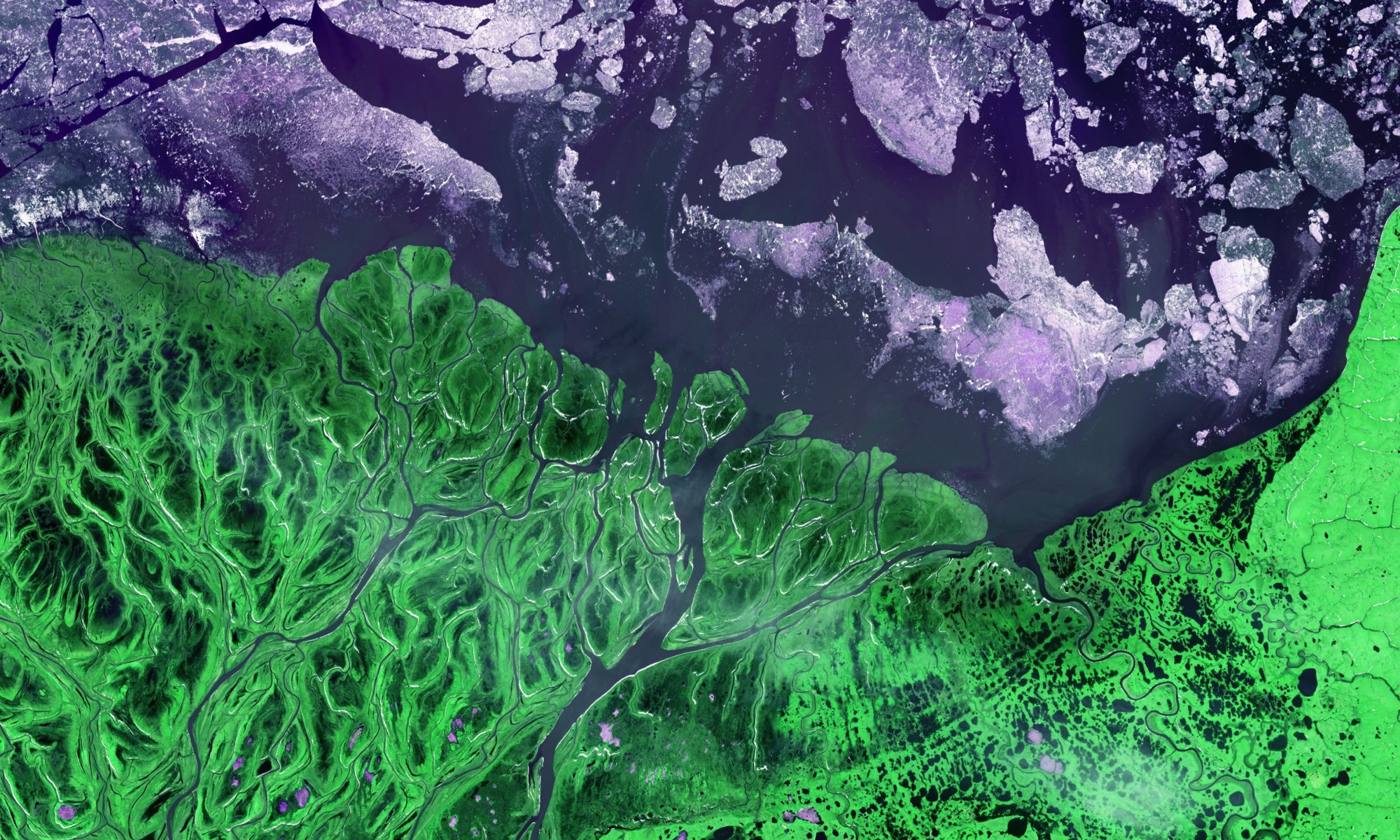GEO and Google Earth Engine announced support for 32 projects to enhance sustainable outcomes for Earth’s ecosystems. One of those projects, the Ecological Integrity Index, was developed by Ivan Gonzalez, a Ph.D. student in the GEODE lab.
“We are thrilled to be among the selected projects and to be able to develop our idea with the support of the GEO-Google Earth Engine Programme.” – Ivan Gonzalez
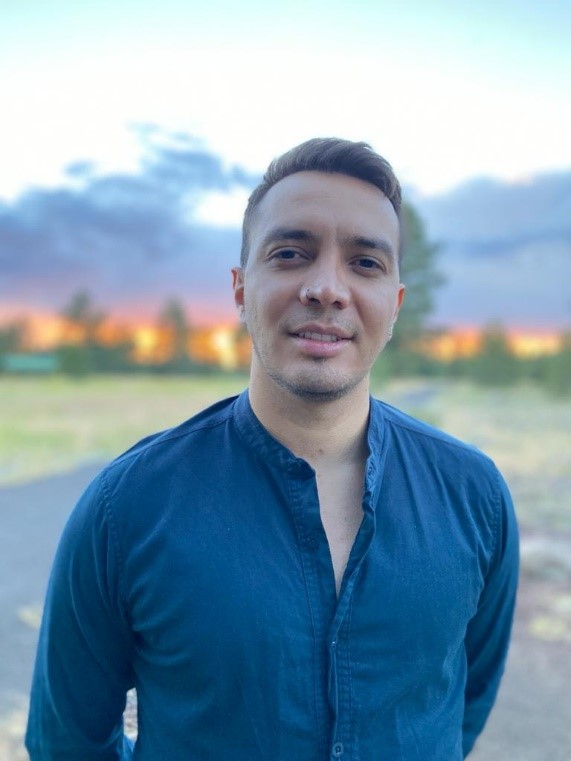
The award includes a commercial grade Google Earth Engine license, technical support, and mentoring provided by EO Data Science. Read the official announcement here.
Mapping Ecological Integrity
The Ecological Integrity Index aims to use Earth observations to describe temporal and spatial dynamics in each ecosystem in Colombia, identifying natural trends and likely perturbations due to human activities. The Index leverages the power of Google Earth Engine’s global observation and computing platform to evaluate ecosystem changes anywhere in Colombia in the context of historical trends.
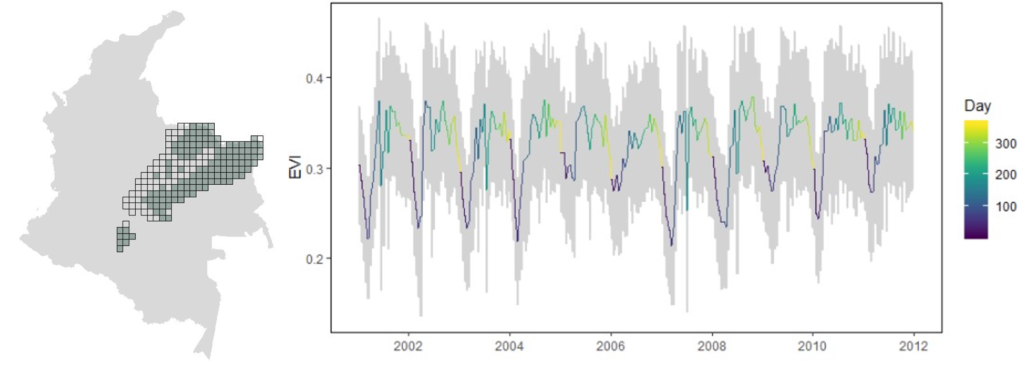
Ivan will work closely with collaborators in Colombia to ensure the Ecological Integrity Index benefits decision makers working on the ground. Ivan, as a native of Bogotá, Colombia, has first-hand experience with land-use and water management challenges in the megadiverse country.
“This opportunity will allow us to test the index and cooperate with the Humboldt Institute, National Parks office, Conservation International, and The Nature Conservancy in Colombia which are seeking solutions to environmental challenges related to sustainable land and water use in a changing climate.“ – Ivan Gonzalez
The project team consists of Ivan Gonzalez (NAU-SICCS), Scott Goetz (NAU-SICCS), and Patrick Jantz (NAU-SICCS) with collaborators Andrew Hansen (Montana State University), María Cecilia Londoño Murcia (Insituto Alexander von Humboldt), Natalia Acero (Conservation International), Juan Carlos Clavijo Flórez (National Natural Parks), and Jorge Velásquez-Tibatá (The Nature Conservancy).
